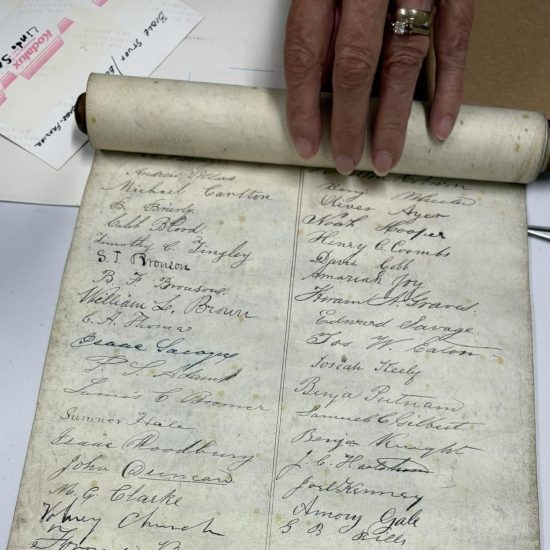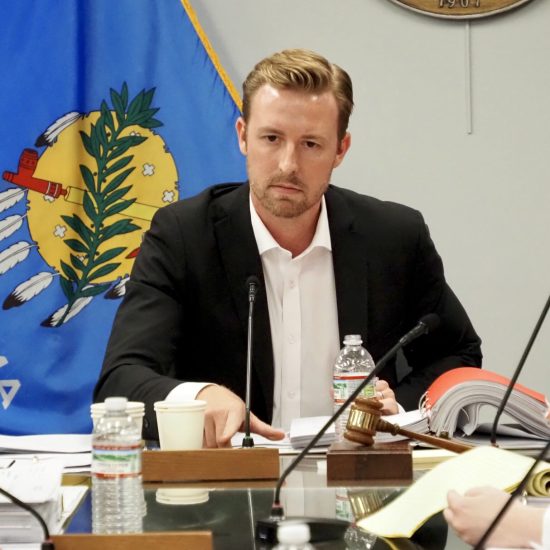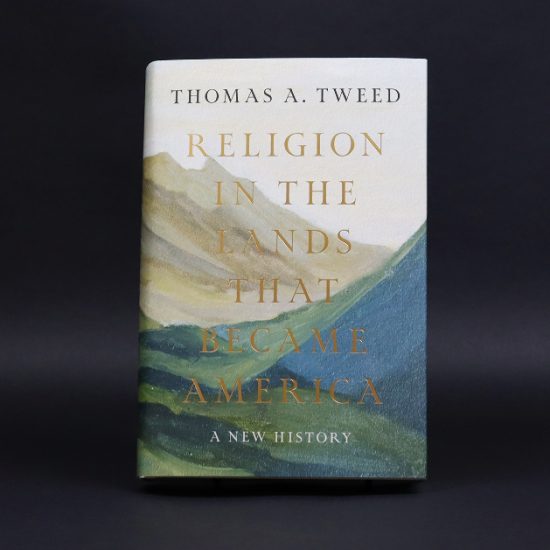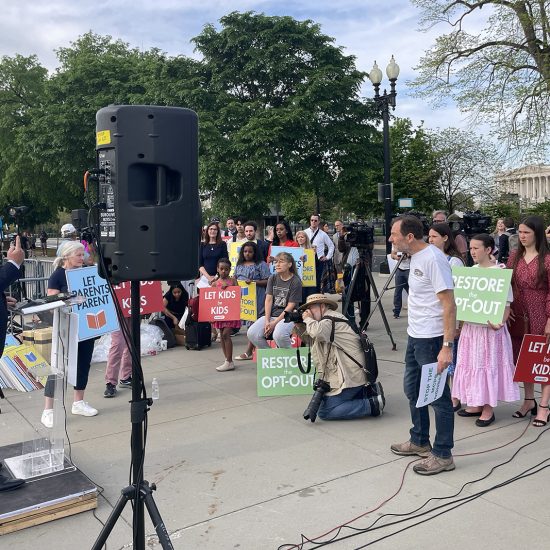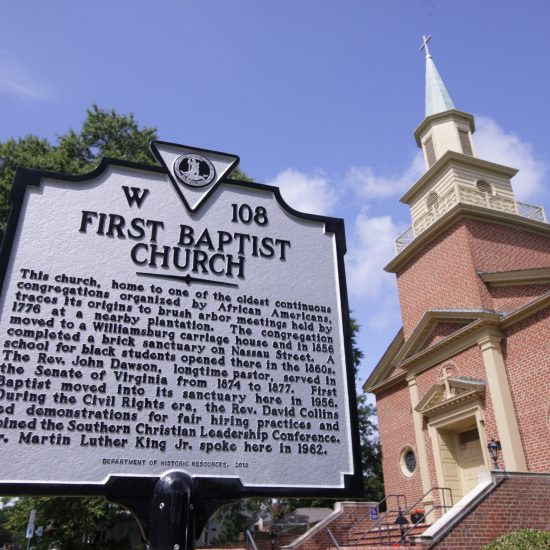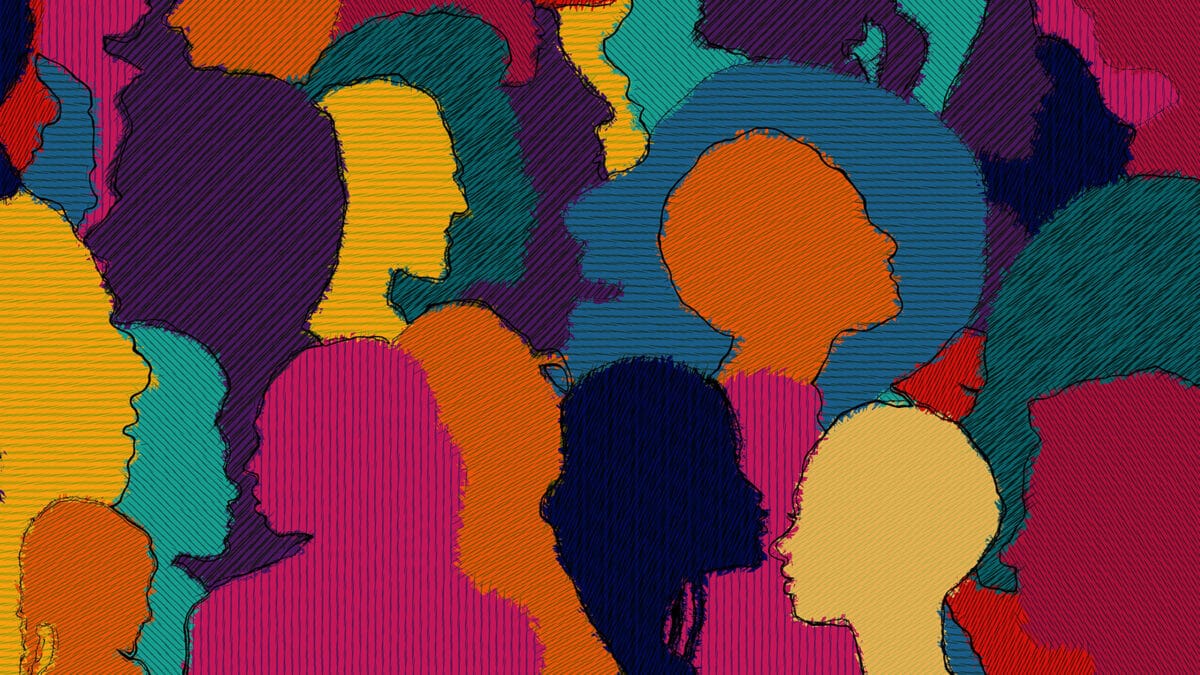
(RNS) — At Mount Holyoke College, the oldest of the Seven Sisters colleges, Danielle R. Holley was recently appointed as the school’s 20th president. At Boston University, Melissa Gilliam was recently appointed as its president. At Harvard, the oldest institution for higher learning in the United States, Claudine Gay was recently inaugurated as well. All three are the first Black person to lead their institutions. Gilliam is BU’s first woman president.
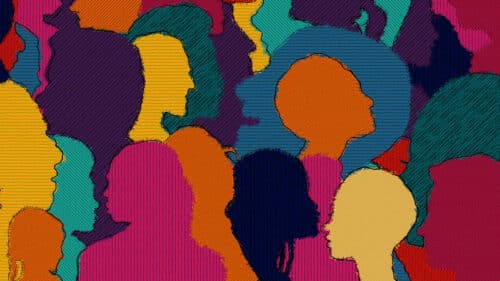
Image by Gerd Altmann/Pixabay/Creative Commons
Fewer than 5% of Ph.D.s in the United States are awarded to Black women, according to a National Science Foundation survey, and institutions of higher learning face a dearth of representation of Black women in leadership positions. But slowly, Black women are stepping into positions of power, overcoming the racism and sexism that stymied many who came before them.
Nowhere has the trend become more evident than at the country’s divinity schools. The development goes back a decade, when Emilie Townes broke the color barrier at Vanderbilt University when she was appointed to lead its divinity school. Most recently, Marla Frederick was appointed to serve as the first Black woman dean at Harvard Divinity School.
Perhaps nobody has a better perspective on the movement than Yolanda Pierce, a specialist in womanist theology, a line of thought that came out of Black church scholarship in the 1960s and ’70s that examines women’s roles in faith, Scripture, and ministry.
Dean of Howard University School of Divinity since 2017, Pierce was appointed to succeed Townes as the dean of the Divinity School at Vanderbilt earlier this year.
“I’m excited — not just about me, but because there are so many things happening,” Pierce said.
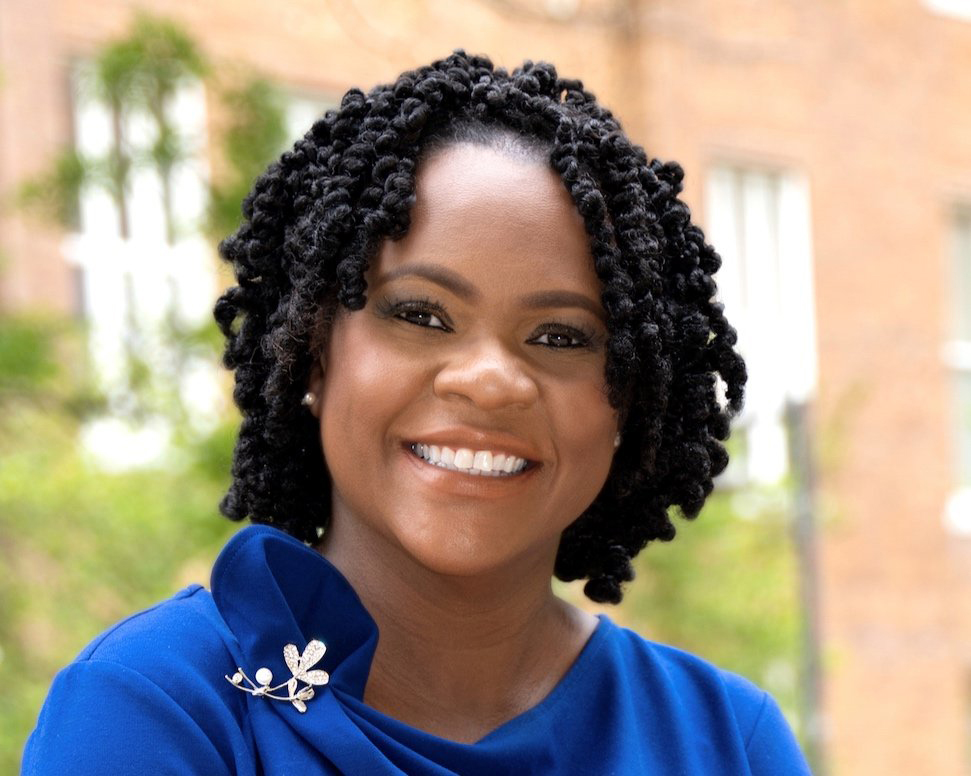
Yolanda Pierce. (Photo by 1517 Media)
Though she often says she was profoundly shaped by her grandparents, people of deep faith who raised her in the church, Pierce said she never dreamed as a young person of becoming a theologian. But at Princeton University, where she enrolled at age 16, she encountered Cornel West and his Introduction to African American Studies class, and Albert Raboteau, who taught her African American history.
Both caused her to think more deeply about the study of religion.
“Those two classes, it was like a movie. It just sparked my intellectual imagination because for the first time, I understood that the study of religion, the study of African American culture, the study of Black faith — they were all academic subjects,” Pierce said in an interview with Religion News Service.
It wasn’t until she got to Cornell University, where she would earn her doctorate, that Pierce encountered womanist theology. She recalls the first and second generations of womanist theologians such as Jacquelyn Grant and Delores Williams, who were naming something that directly spoke to their experiences. Like Pierce, Grant, and Williams had grown up on theology about Black people written by Black men and theology about women written by white women.
“They took on the project of doing it for themselves. I find that to be extraordinary because I think as scholars and as researchers, that is what we are called to do. In the absence of a field, in the absence of a discipline, in the absence of something that reflects what is important to you, you step into that gap and create and produce the scholarship and research,” Pierce said.
Her discovery of womanist theology bent her scholarship toward not only women but anyone who approaches Scripture and faith from the margins.
“I talk in my own work and write and speak a lot about class and growing up in poverty and the impact that that has. Womanist theology was taking that very seriously,” said Pierce. “Womanist theology took seriously the questions that women pose to text. They’re also taking very seriously the questions that the marginalized, the least of these, the outcasts in society, are posing to their sacred texts and sacred traditions.”
The same concerns attracted her to Vanderbilt. For more than 100 years, the university’s divinity school has been known as the School of the Prophets. Notable alumni include Gardner C. Taylor, a prominent civil rights leader and mentor to Martin Luther King Jr., and James Lawson, who sued the divinity school after he was expelled for organizing sit-ins to protest segregation. Lawson now has an institute at the school named in his honor.
That commonality makes Pierce particularly well equipped to lead the institution, said Keri Day, a Vanderbilt Ph.D. who recently became the first Black woman to be named a full professor at Princeton Theological Seminary and who counts Pierce as a mentor.
But Day sees the rise of Pierce, and of Black female divinity school deans in general, as part of a wider movement in academia to acknowledge the racism and violence of their histories by raising up the voices of Black women where they once blocked them.
“I think that Dean Pierce is coming to Vanderbilt at a critical time where institutions that are a part of theological education are being compelled to shift and change according to the new emerging needs that are arising, not only within religious communities, but within academia and the broader society,” Day said.
“It allows for the possibility of beginning the hard work of deconstructing the forms of anti-Blackness and whiteness,” she added.
Pierce is conscious that battling forces such as racism, sexism and patriarchy takes an emotional and physical toll. Last month, two Black women university presidents, Joanna A. Epps of Temple University, age 72, and Orithia T. Montague of Tennessee’s four-campus Volunteer State Community College, age 56, died unexpectedly.
While theology can seem an abstract pursuit, for Pierce and her counterparts its concerns feel tangible and urgent. “The only way to think about doing this work is that there are human beings on the other side of it,” she said. “There are life and death issues on the other side of it.
“I think womanist theology is very clear about that, in terms of its praxis,” she added. “But that is what gets me up every single day. Someone needs this work. Someone’s life will be changed and transformed because of this work.”

